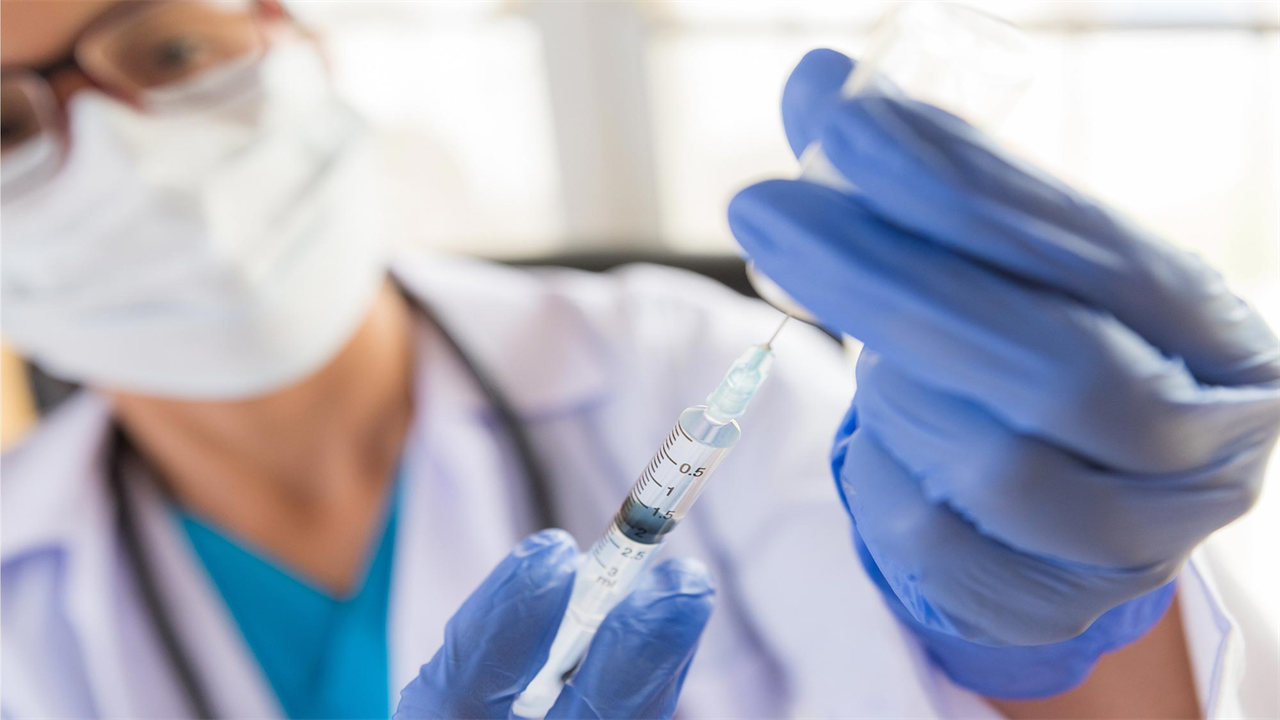FDA Panel Voted 16–2 To Deny Authorization of Pfizer’s COVID Vaccine “Booster” Shot to the General Public
0 View
Share this Video
- Publish Date:
- 18 September, 2021
- Category:
- Covid
- Video License
- Standard License
- Imported From:
- Youtube
Tags

No third COVID-19 vaccine dose for the time being.
The Food and Drug Administration’s top scientific advisory board has voted to deny approval to the general public of a “booster” injection of Pfizer’s mRNA vaccine — a move likely to disappoint some public health experts who are pushing. on a third dose to slow the disease. spread of COVID-19.
In a vote of 16-2 on September 17, 2021, an independent committee of doctors, scientists and public health experts recommended holding back the full approval of the third dose of the vaccine, which now goes under the brand name “Comirnaty”. However, the panel did recommend the injection for Americans age 65 and older or those at high risk for severe COVID-19. In not recommending the injection to the general public, the committee cited reasons such as the lack of adequate safety data in younger age groups, as well as evidence that the starting doses still provide robust protection against serious illnesses leading to hospitalization and death. The panel also agreed in a poll — but not a formal vote — that boosters would benefit certain populations, such as health professionals and others at high risk for occupational exposure.
While the vote is not binding, it is likely that it will form the basis for a formal FDA recommendation.
As an immunologist who studies COVID-19 and immune responses to vaccination, I saw the urge for a booster as predictable, although the outcome of the vote was always far from certain. In the past year, significant research and public reporting has focused on the durability of the immune response after the first and second doses of the COVID-19 mRNA vaccines. This work has been critical to scientists’ understanding of how long the immune responses of vaccination can provide protection, and whether that protection extends to new and emerging variants of the SARS-CoV-2 virus.
Decreasing antibodies
The good news is that the mRNA vaccines appear to provide lasting efficacy against serious illness or death caused by new strains of the coronavirus, including the highly contagious delta variant.
But the data on the lifetime of this protection is more mixed and still limited in scope. While there is some evidence that immune “memory” is established in vaccine recipients—almost certainly long-term partial protection—the antibodies responsible for stopping the virus before infection set in over the course of the months after the second dose.
This is not surprising to immunologists and does not mean that the vaccine does not work. Antibodies decline as a normal course of an immune response to a vaccine. This is why you need a tetanus booster every ten years, and why the measles, mumps, and rubella vaccine comes in three doses — not just two.
The only question is how quickly antibodies decrease and at what point they no longer offer sufficient protection. At that point, an additional dose of the vaccine is recommended to boost antibody numbers back to protective levels. In this case, widespread reports of breakthrough infections — infections in individuals who have been fully vaccinated — and research citing the possibility of declining immunity in populations vaccinated early in the pandemic quickly brought discussions about the need for boosters to the forefront.
Against this background of mixed data, the FDA panel had to weigh the risks and benefits of booster shots. While the third dose of the vaccine would be identical to the vaccines already fully approved — and considered safe as such — they wouldn’t be without side effects similar to those of the first and second doses.
In addition, serious conditions such as myocarditis – an inflammation of the heart – that have been recorded in rare and isolated cases after the first vaccinations are also likely to occur after the booster. This, in addition to a debate about the absolute benefit of a third injection in maintaining current levels of protection in otherwise healthy vaccinated individuals, has led many public health officials to express concerns that the assessment is premature and there is a risk that an already divided American further confused and alienated becomes public.
Political separation of data
With the Biden administration already publicly supporting a third dose for all vaccinated Americans in August, the committee was tasked with separating the politics from the data to weigh whether the benefits of a booster shot outweighed the risks for a booster injection. already hesitant American audience.
By rejecting the proposal, the FDA panel has expressed confidence in the original vaccination program in healthy individuals and will await additional data before identifying declining antibody levels as a significant threat to public safety. However, the support for boosting those at high risk or exposure to COVID-19 suggests an acknowledgment that additional shots may be needed to fully protect the general public.
Written by Matthew Woodruff, Human Immunology Instructor, Emory University.
This article was first published in The Conversation.










